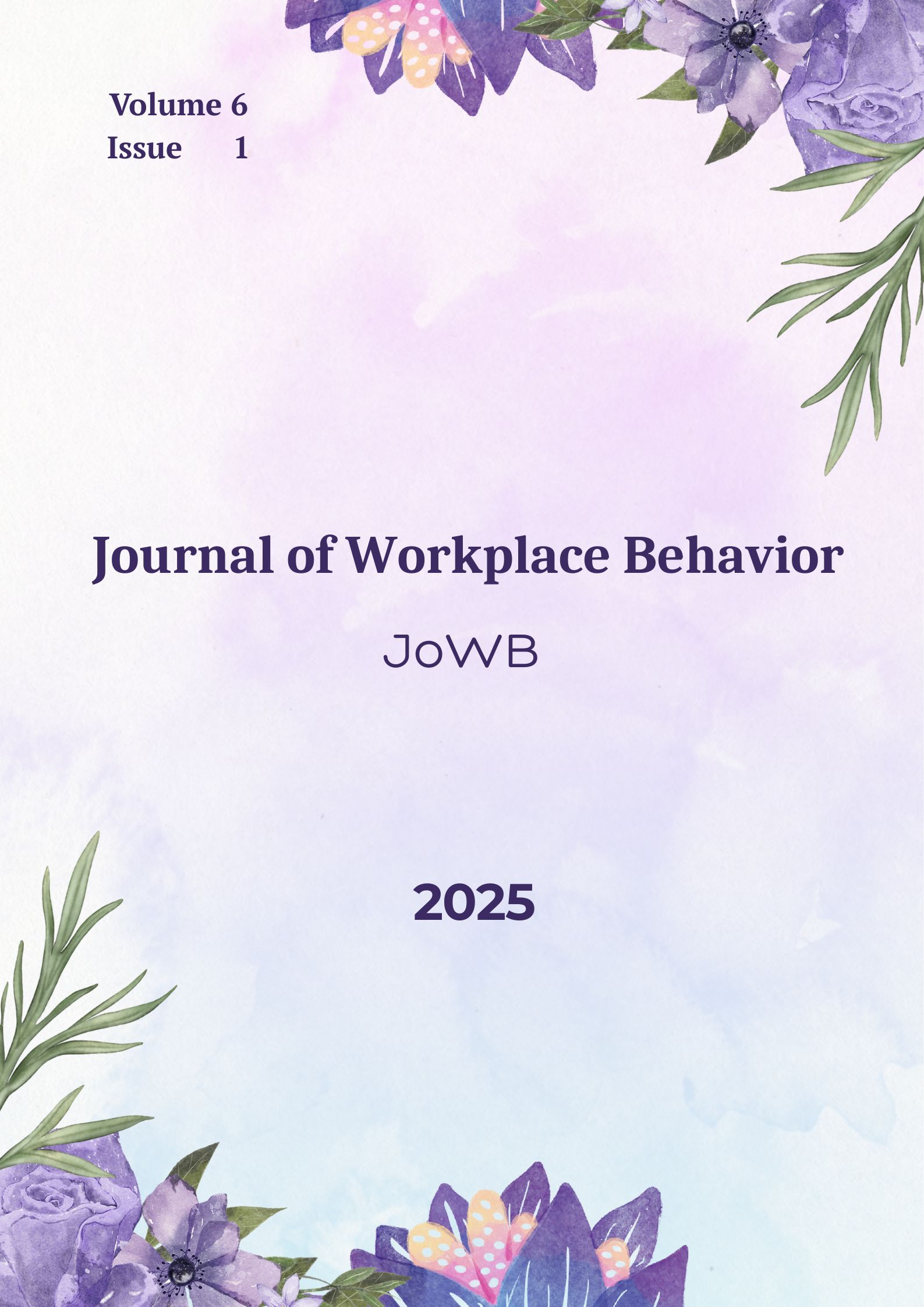Untangling the Complexity of Eudaimonic and Hedonic Well-being: A Moderated-Mediation Model of Behavioral and Psychological Outcomes
Main Article Content
Abstract
Faculty well-being is crucial as it directly influences their personal health, professional effectiveness, and the overall institutional culture. Well-being is generally classified into eudaimonic well-being (purpose, personal growth, and fulfilling one’s potential) and hedonic well-being (pleasure, enjoyment, comfort, and avoidance of pain). This study sought to explore the factors contributing to both eudaimonia and hedonia from the faculty perspective. A moderated-mediation model was hypothesized, examining the impact of financial stress on eudaimonic and hedonic well-being, with academic performance as a mediator. In addition, the role of mindful leadership was tested as a moderator in the relationship between financial stress and academic performance. Data were collected through a questionnaire survey administered to 309 faculty members across various institutions and analyzed using SPSS. The findings confirmed all proposed hypotheses: academic performance mediated the relationship between financial stress and both forms of well-being, while mindful leadership moderated the link between financial stress and academic performance. The study concludes with a discussion of the findings and their practical implications.

